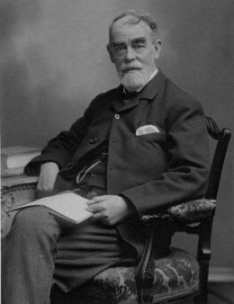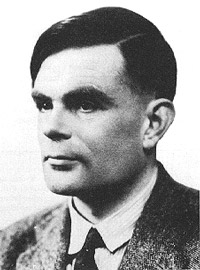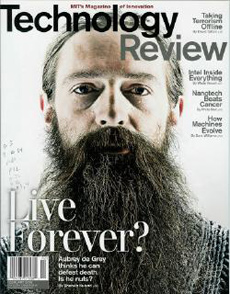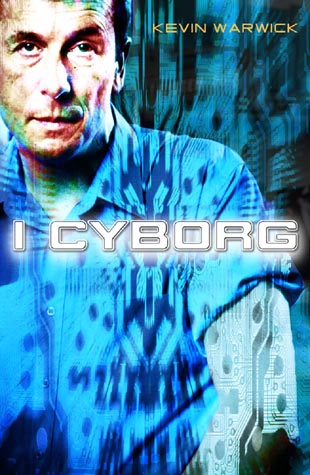Check out this hilarious and brilliantly witty love song dedicated to Ray Kurzweil, futurist mega-stud and champion of the Singularity.
Produced by Humanity Death Watch
Directed by Dorian & Weston
Lyrics:
Mr. Kurzweil please stay for a while.
Singularity’s near, we’re only watching the clock.
Hoping for the best but expecting robots
Are they gonna kill us all or not?
Don’t let me die young I want to live forever
My body is fragile so replace it with metal.
Living as a cyborg, I’ll be on a God-trip
It’s all about transcendence.
Our bodies and computers will be as one
Superintelligence will be such fun!
Thanks to our leader we’ll always be new
with brains wired to self improve.
Forever young
I want to be forever young.
With Ray I want to live forever
Forever, and ever.
Forever young
I want to be forever young
Yes I really want to live forever
Forever young.
Some are just downers, some refuse to see
Some won’t transcend their biology.
Sooner or later they all will be gone
While my guy stays young.
It’s so hard to get old, I’d rather not
I’ll never perish with my nanobots
Me and Ray we’re enlightened ones
And we’ll evolve together.
Uploading our consciousness before death
Saved in the cloud to be born again.
So many dreams comin’ out of the blue
They all will come true!
Forever young
I want to be forever young.
With Ray I’m gonna live forever
Forever, and ever.
Forever young
I want to be forever young.
Yes I really want to live forever
Forever, and ever.
Forever young
I want to be forever young!
I’m gonna sing this song forever!
Written by Paul Babb
Directed by Dorian & Weston
Cinematography by Neil Lokken
Animation & Models by Weston Getto Allen
Art Assistants: Rebecca Cook, & Berenice Delfuego Suchilt
Original Song Performed by Alphaville
Parody Lyrics by Paul Babb & Dorian Electra
Starring: Dorian Electra
Featuring: Christopher Crawford & Montana Ridge

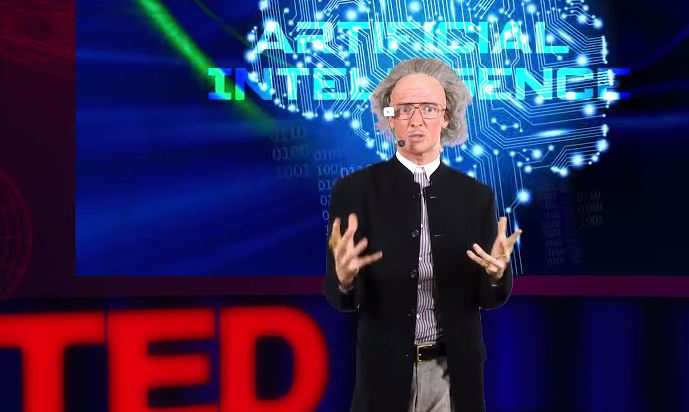
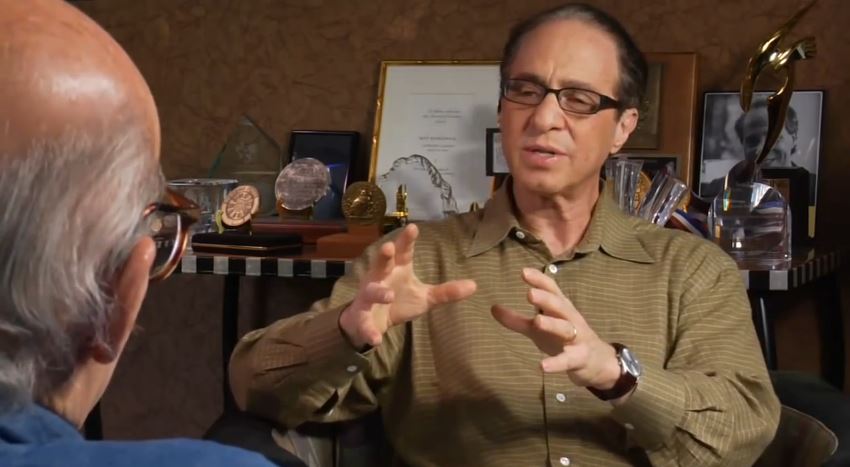 A classic interview where
A classic interview where 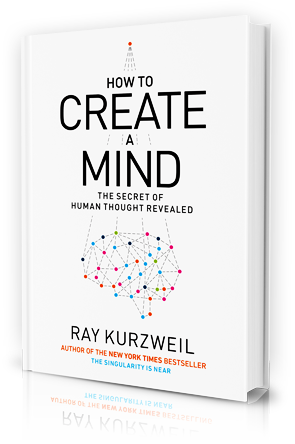 In How to Create a Mind: The Secret of Human Thought Revealed, the bold futurist and author of The New York Times bestseller
In How to Create a Mind: The Secret of Human Thought Revealed, the bold futurist and author of The New York Times bestseller 
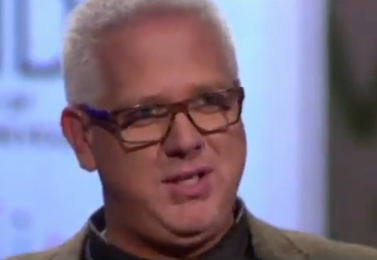 This is the video of Glenn Beck interviewing
This is the video of Glenn Beck interviewing 
 If you’ve been around
If you’ve been around 
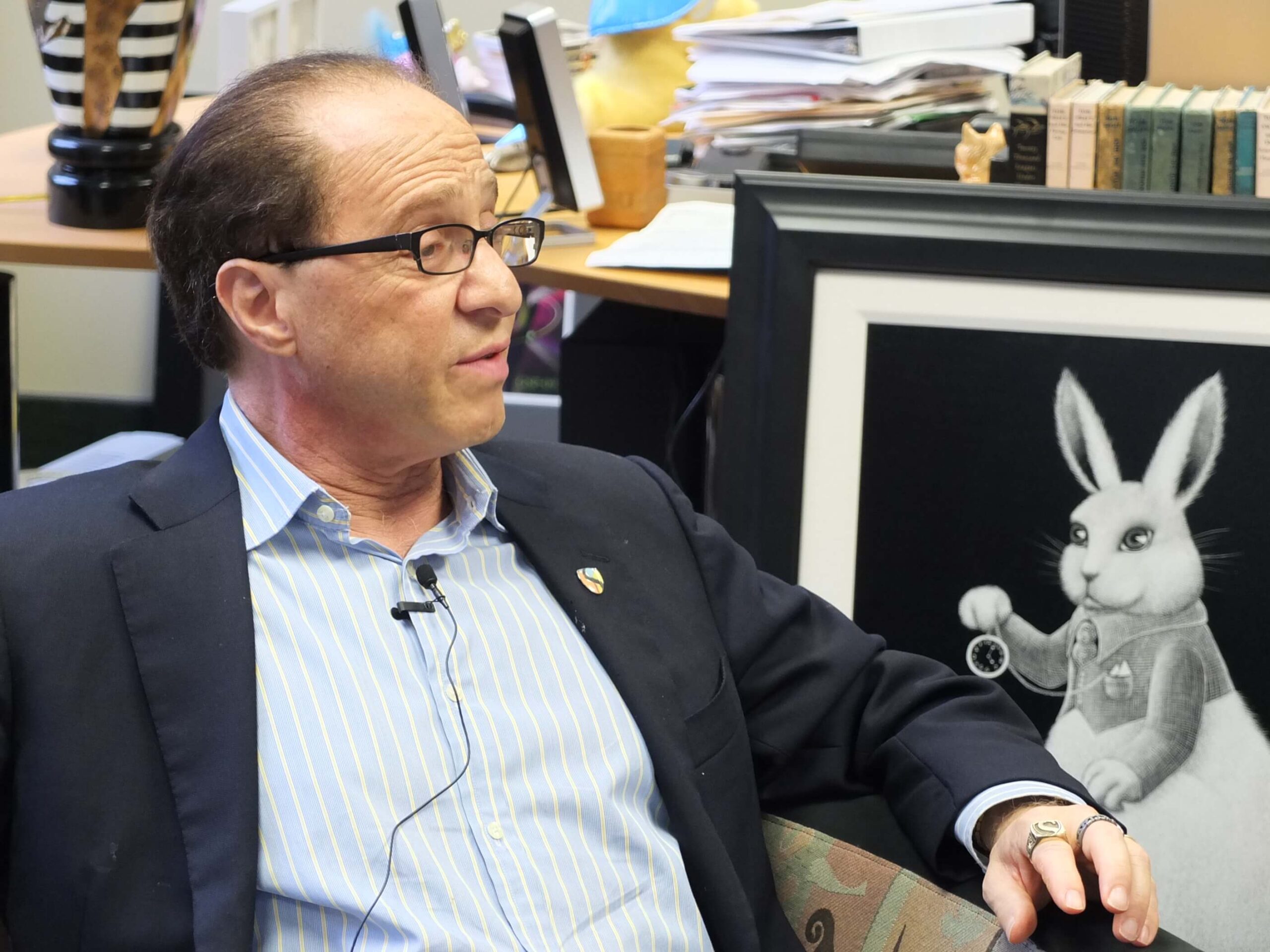
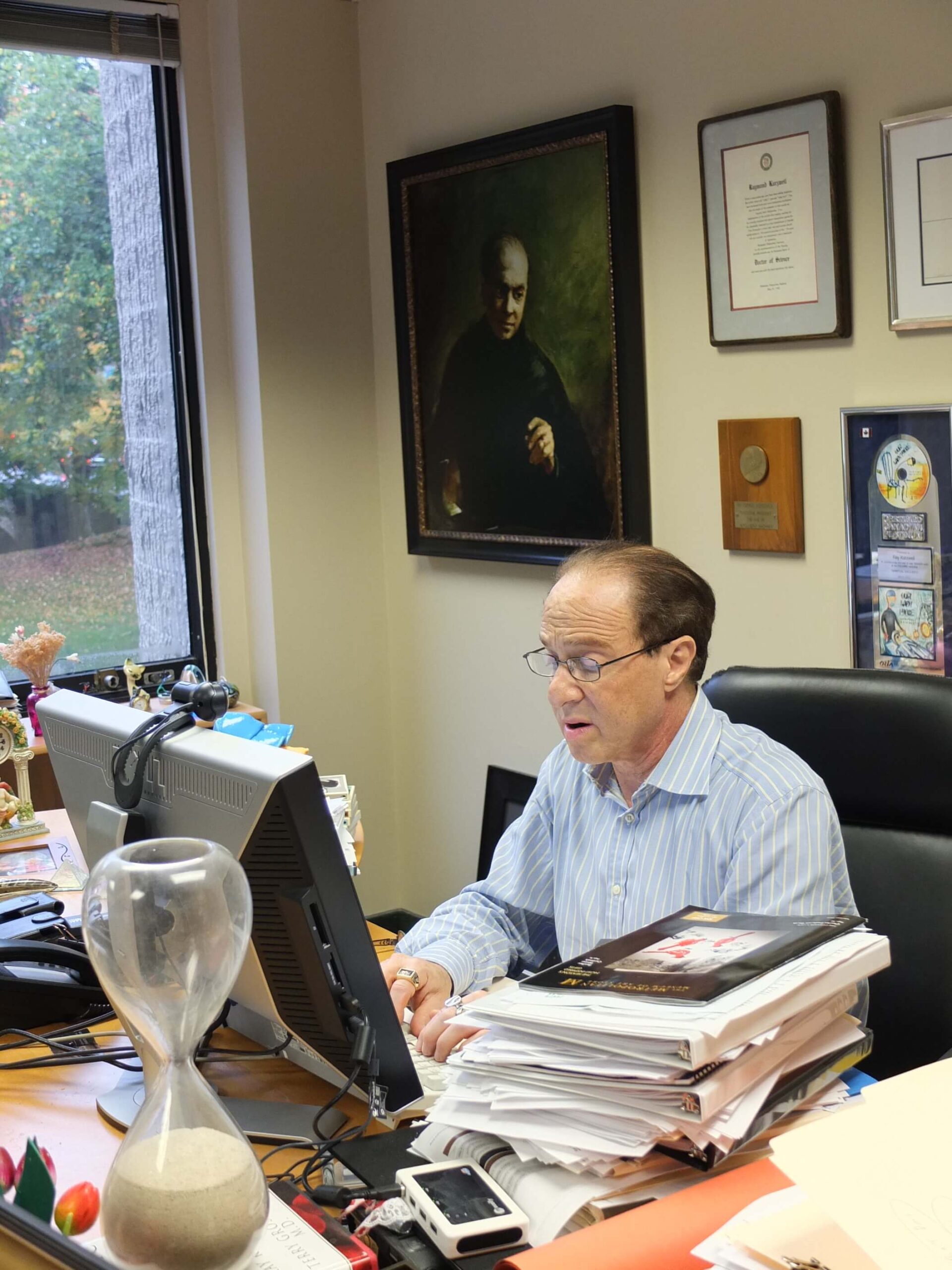
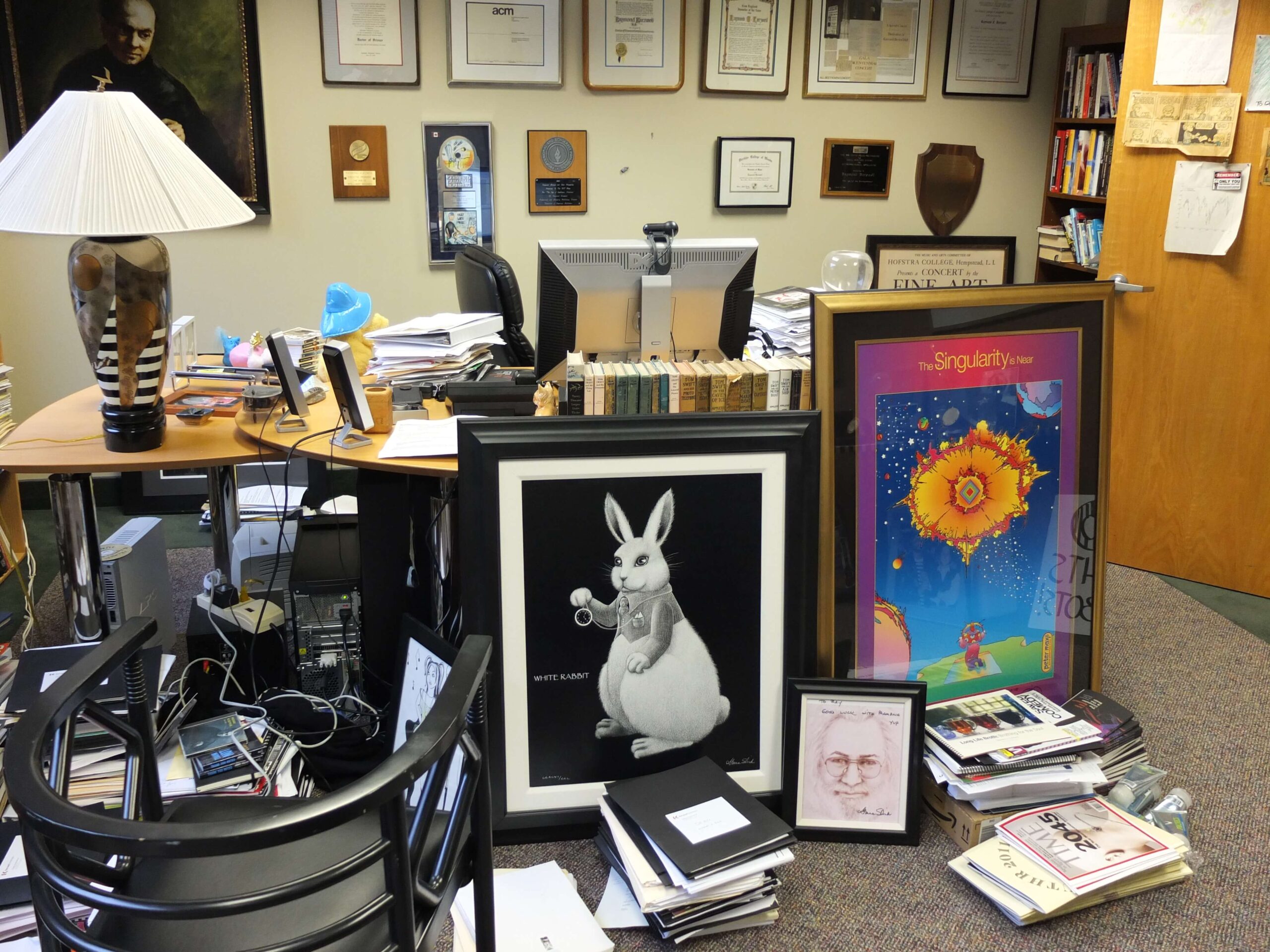
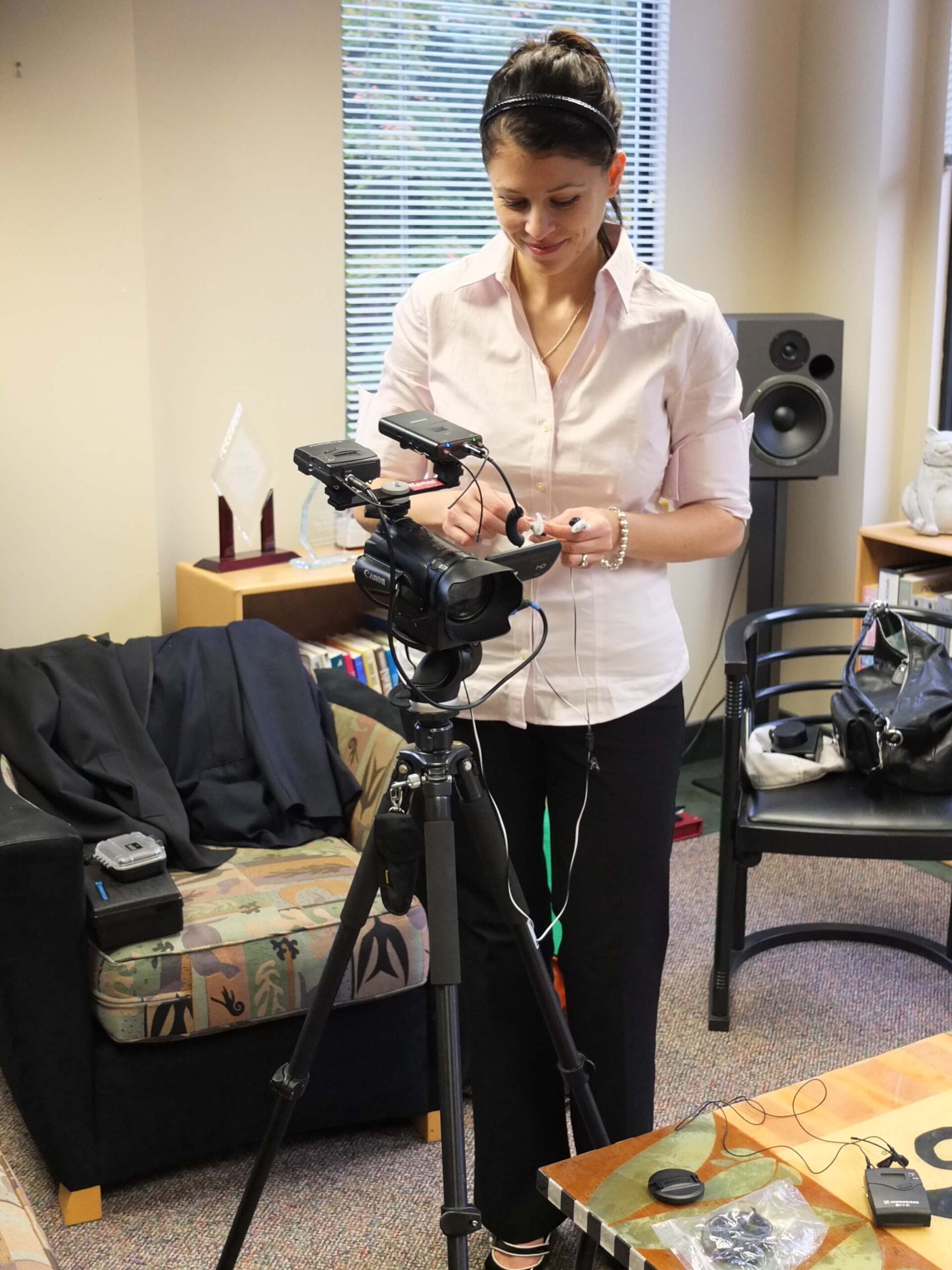
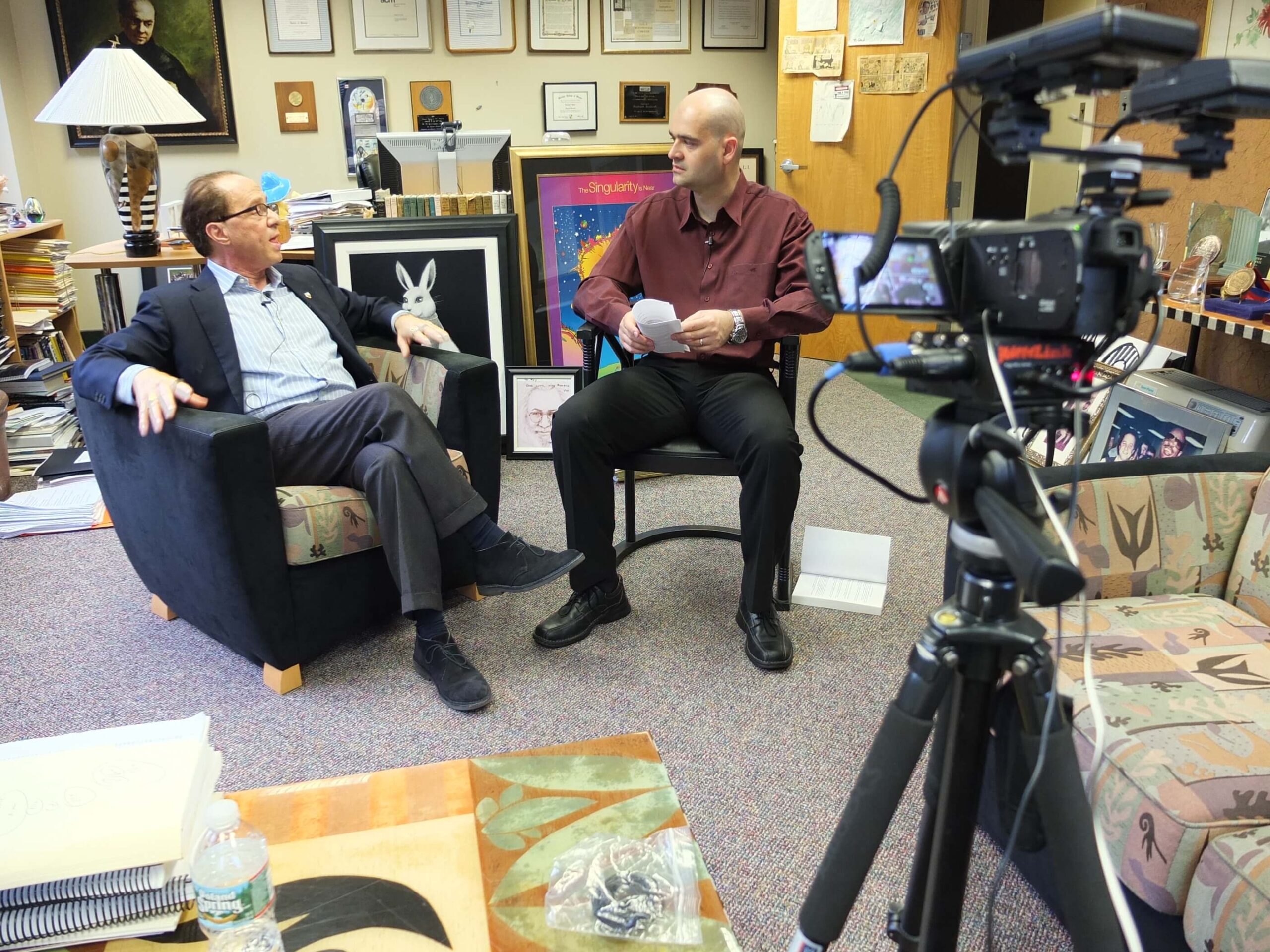
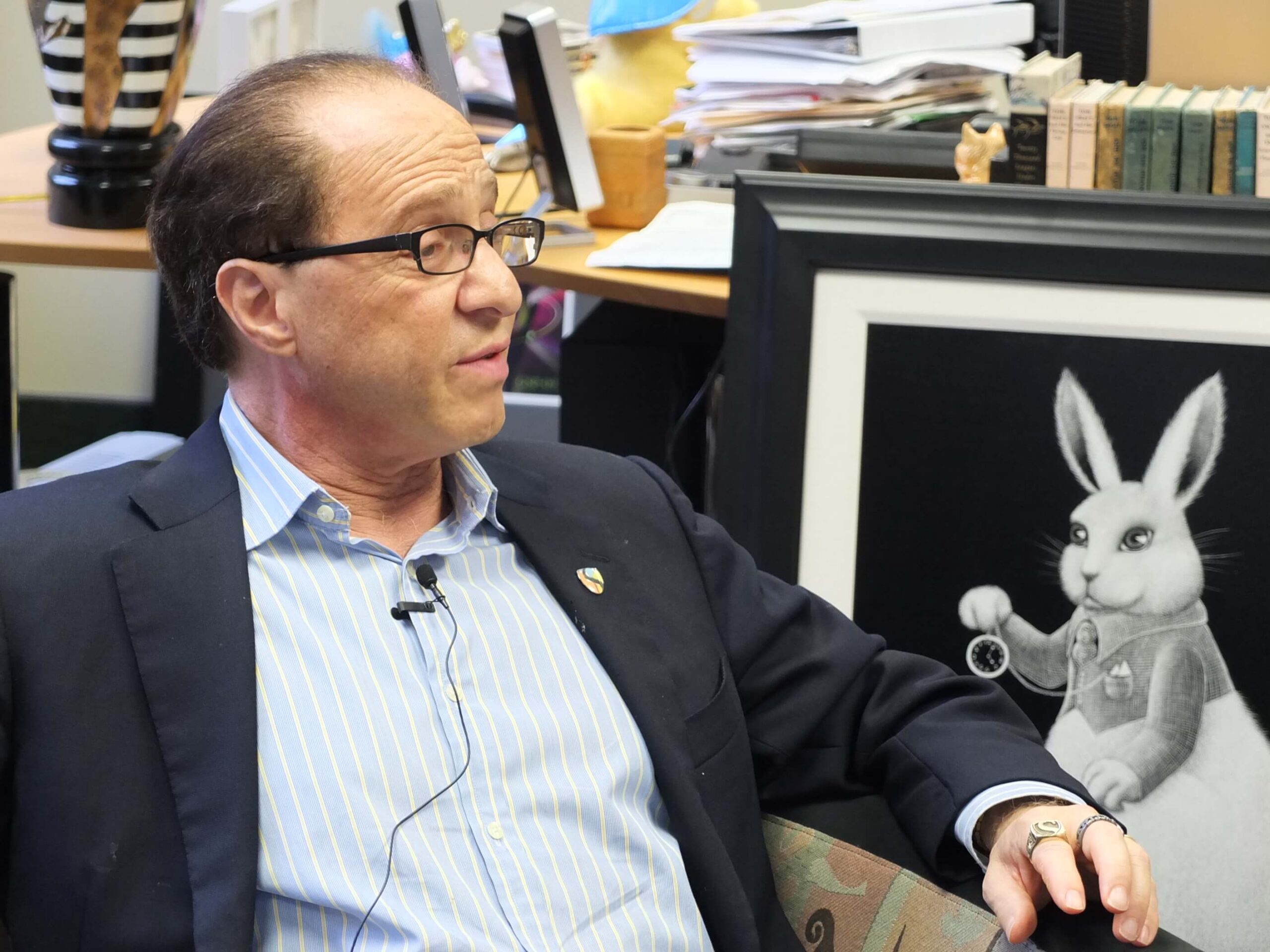
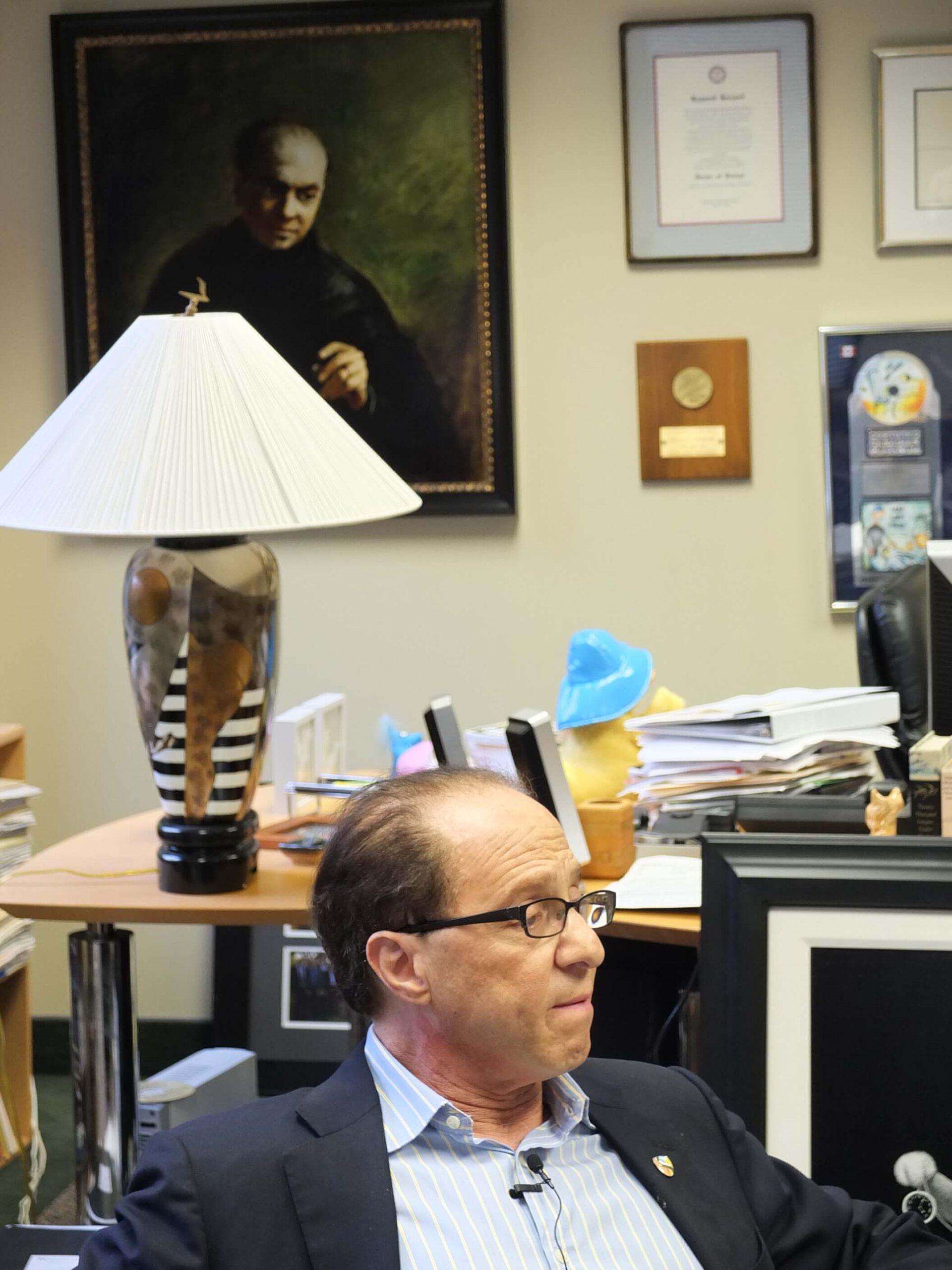
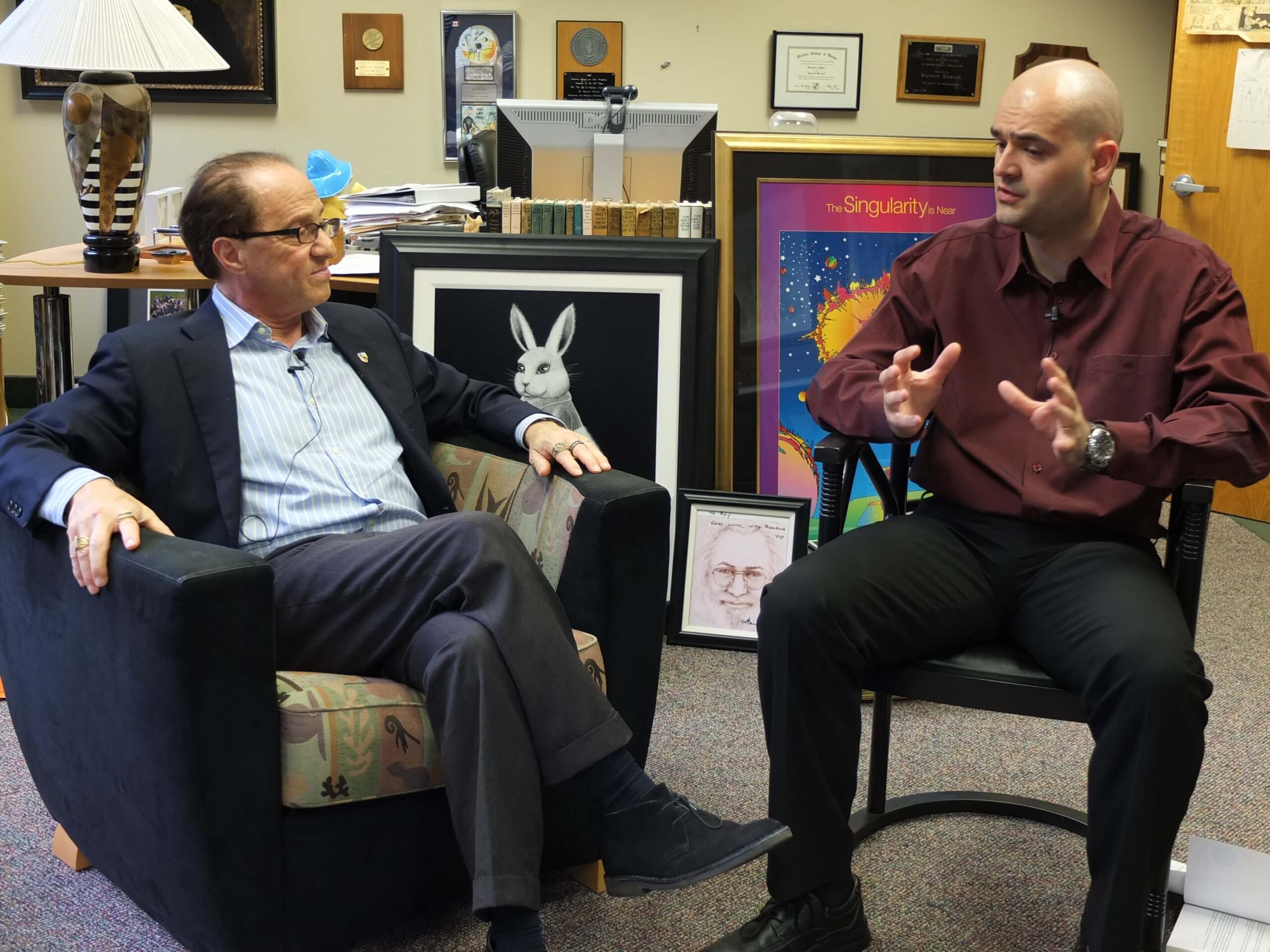
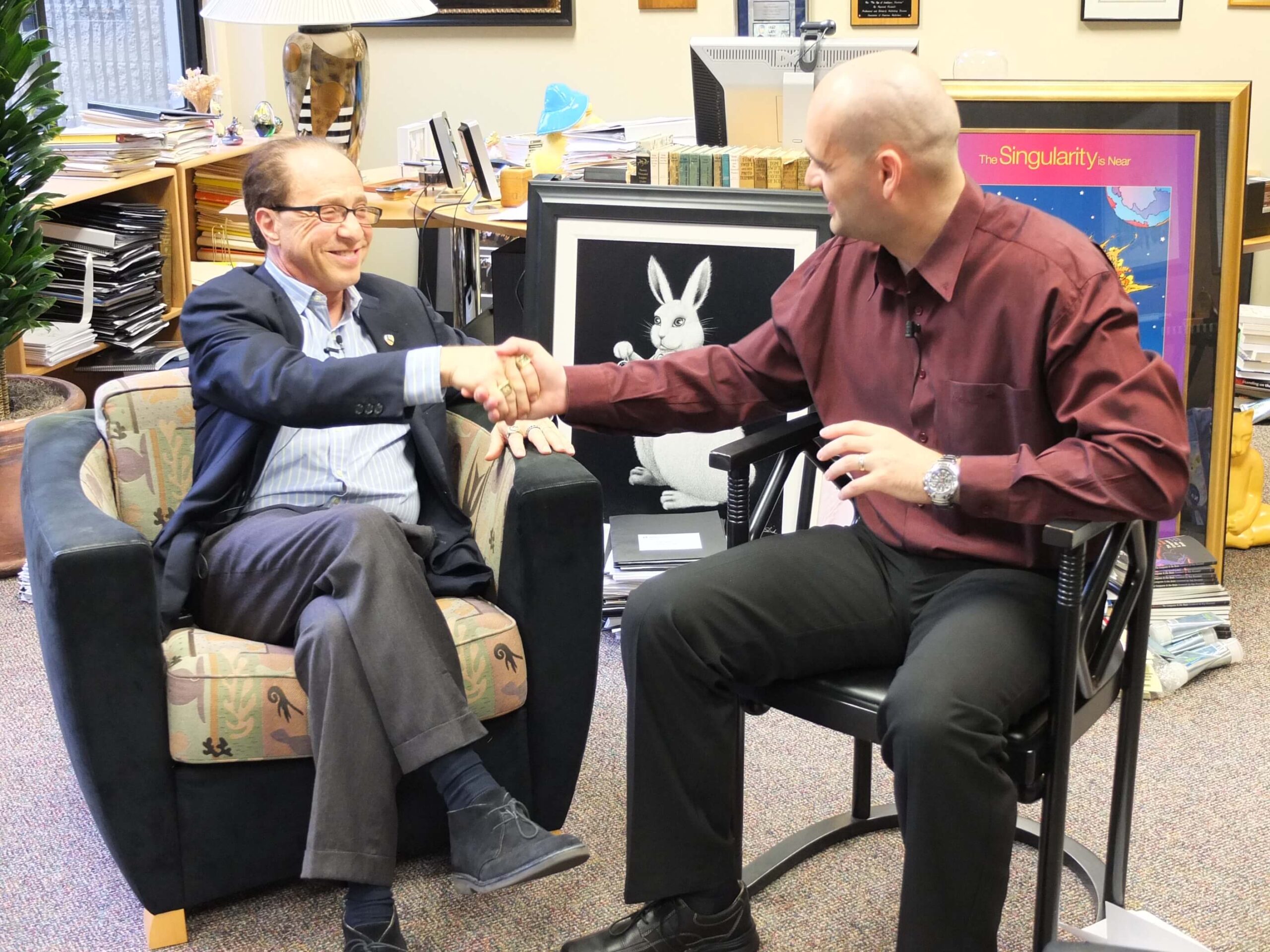
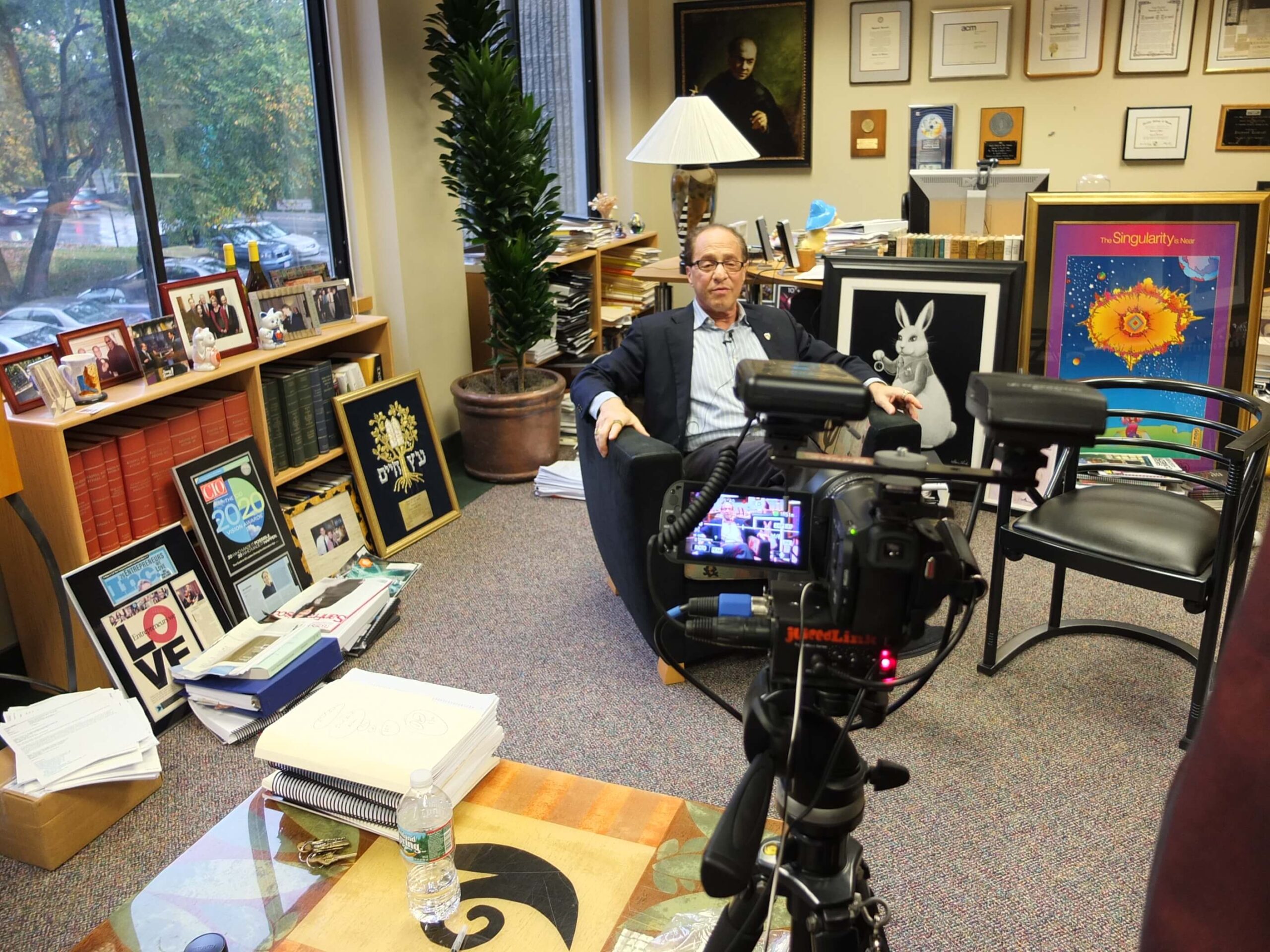
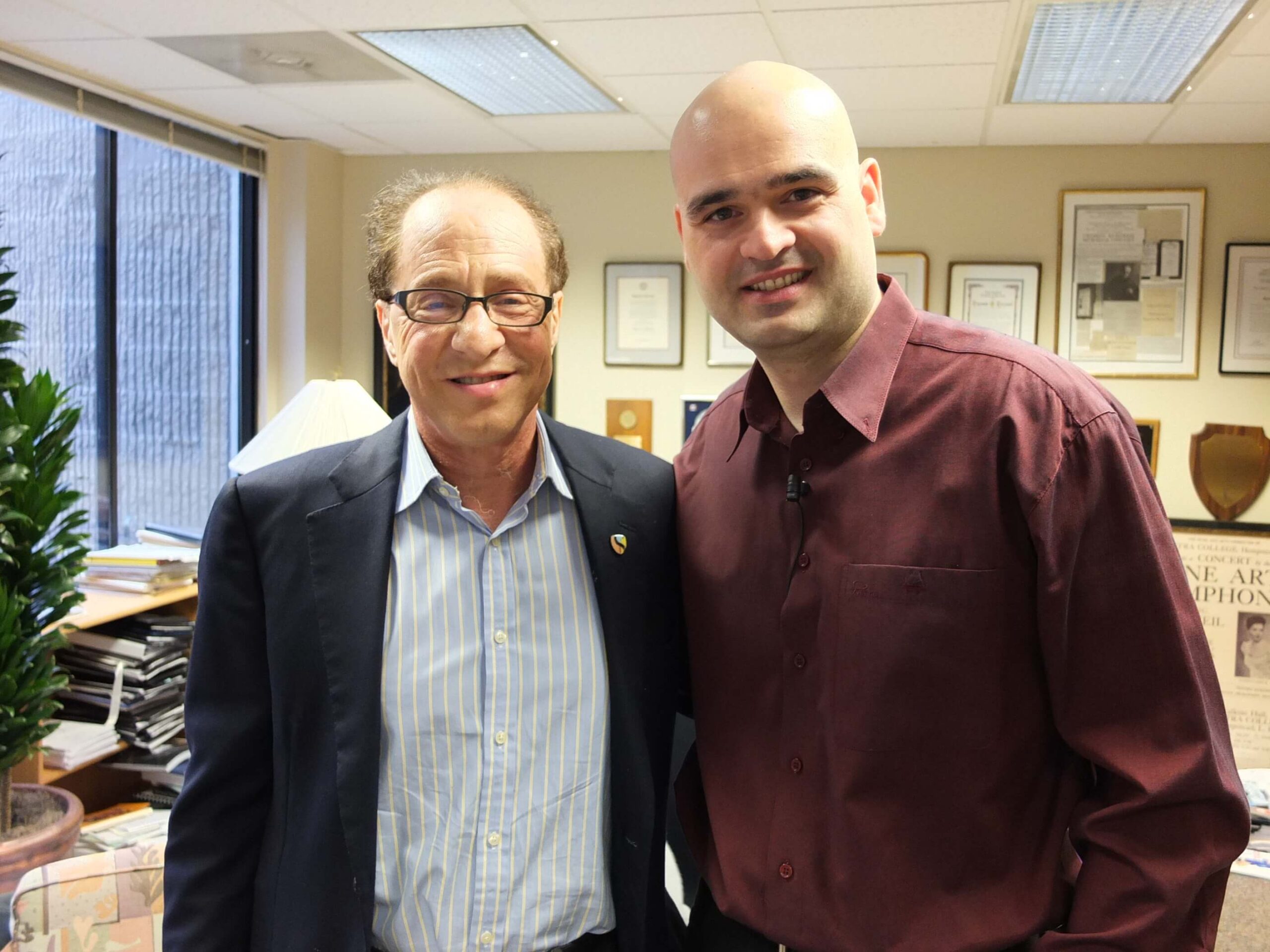
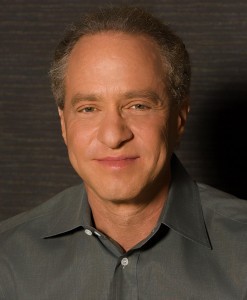 Ray Kurzweil has been described as “the restless genius” by the Wall Street Journal, and “the ultimate thinking machine” by Forbes. Inc. magazine ranked him #8 among entrepreneurs in the United States, calling him the “rightful heir to Thomas Edison,” and PBS included Ray as one of 16 “revolutionaries who made America,” along with other inventors of the past two centuries.
Ray Kurzweil has been described as “the restless genius” by the Wall Street Journal, and “the ultimate thinking machine” by Forbes. Inc. magazine ranked him #8 among entrepreneurs in the United States, calling him the “rightful heir to Thomas Edison,” and PBS included Ray as one of 16 “revolutionaries who made America,” along with other inventors of the past two centuries.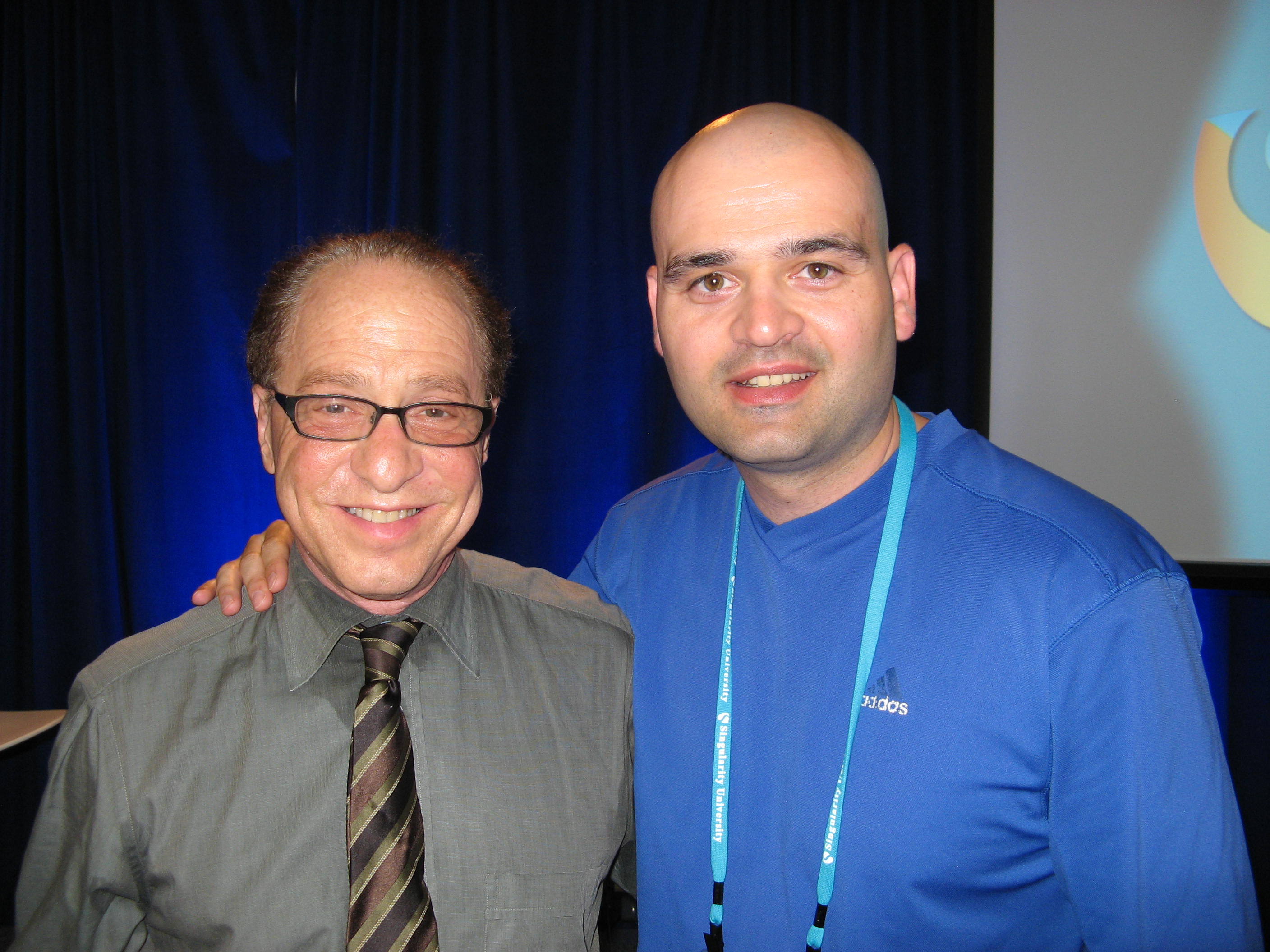
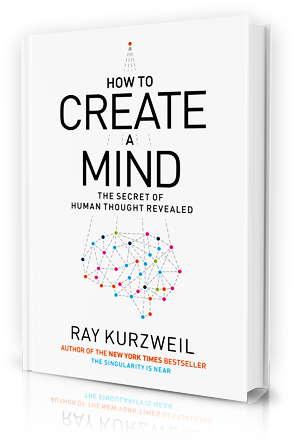

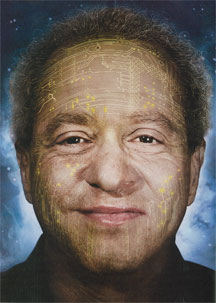 GWEN IFILL: Next, we take a very different look at a future — the future for human health and longevity.
GWEN IFILL: Next, we take a very different look at a future — the future for human health and longevity.
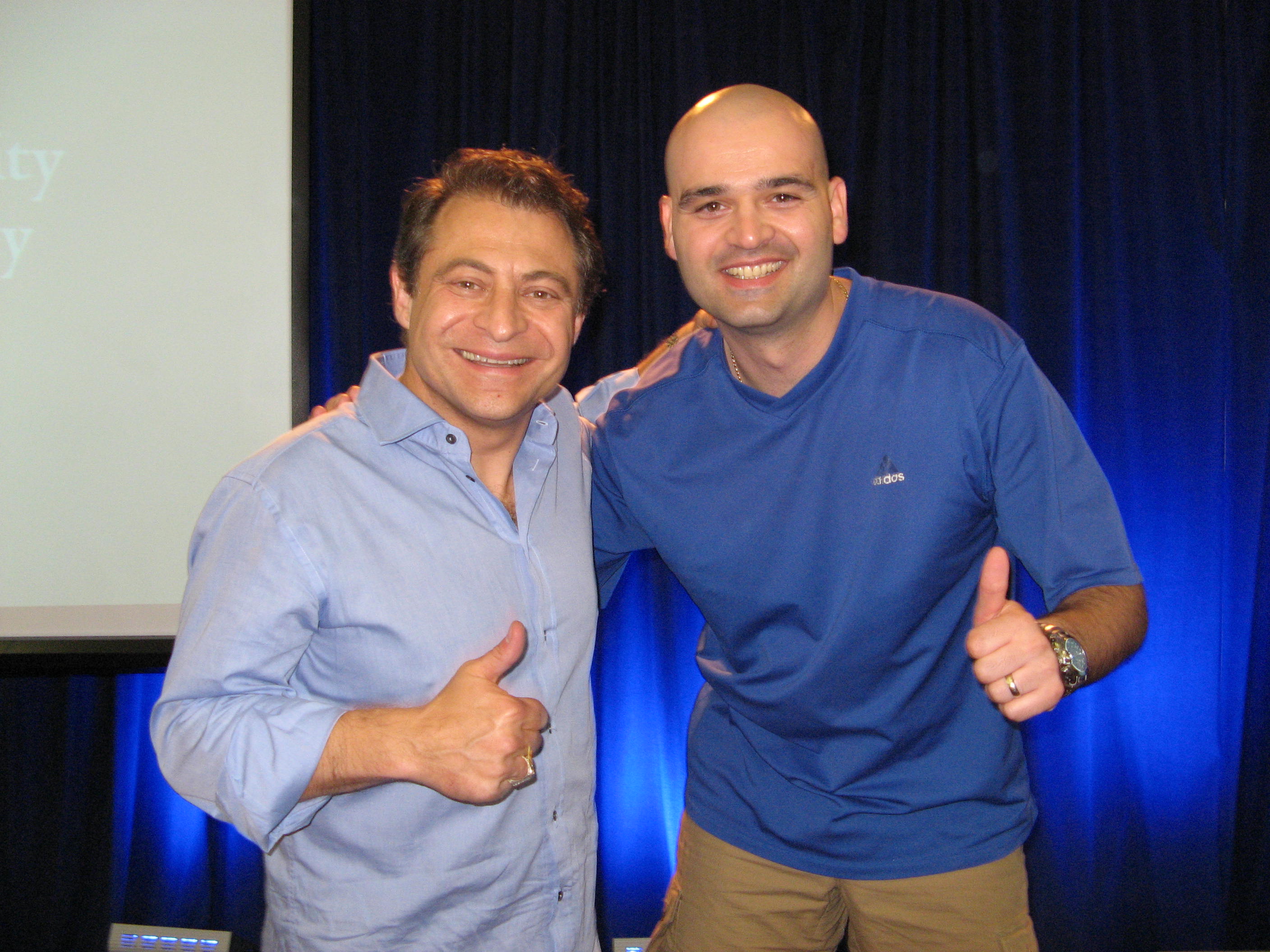

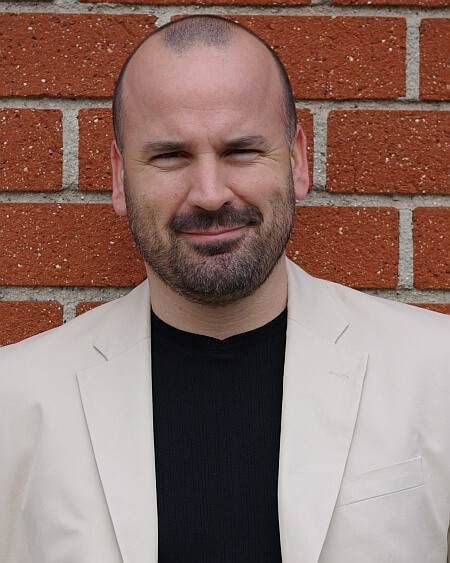 In this edition of
In this edition of 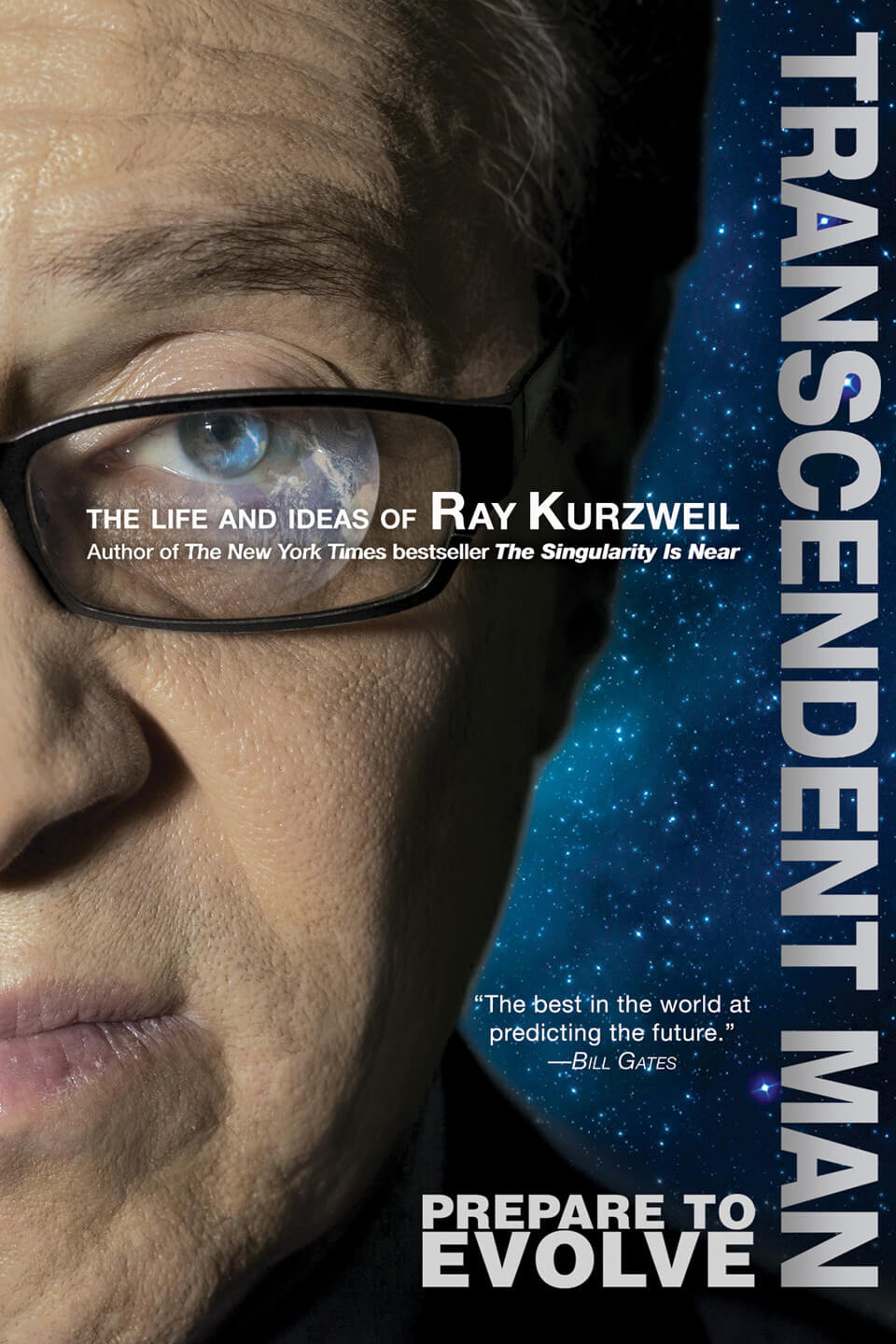 In Transcendent Man, Ptolemy follows Kurzweil around the globe as he presents the daring arguments from his best-selling book,
In Transcendent Man, Ptolemy follows Kurzweil around the globe as he presents the daring arguments from his best-selling book, 

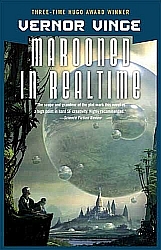
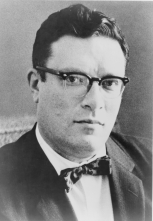
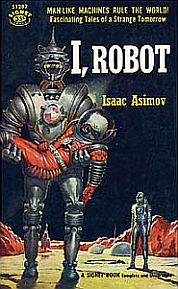 Runaround. The three laws state that:
Runaround. The three laws state that: